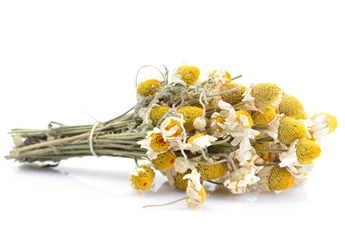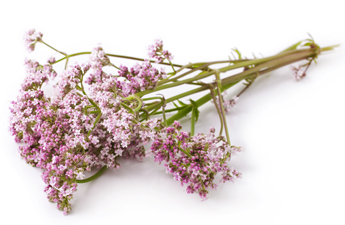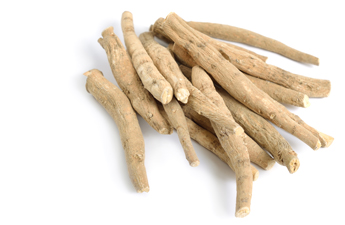Botanical name: Urtica dioica
Other names: Common nettle, stinging nettle
Nettle is a wonderful plant and has been used for hundreds of years. It is highly nutritious, containing silicon, protein, potassium, chlorophyll and vitamins A and C. It is a great tonic for the whole body, especially for anaemic people orthose recovering from illness. Due to its astringent properties, nettle is traditionally used to treat diarrhoea, dysentery and abnormal discharges and it is invaluable in chronic diseases of the colon. Nettle’s ability to clear uric acid wastes from the body and to cleanse the blood makes it a wonderful remedy for eczema, gout, arthritis and kidney stones. This effective and gentle herb can be taken regularly, even by children and the elderly.
Today, many people use it to treat urinary problems during the early stages of an enlarged prostate (called benign prostatic hyperplasia or BPH), for urinary tract infections, for hay fever (allergic rhinitis), or in compresses or creams for treating joint pain, sprains and strains, tendonitis, and insect bites.
The leaves and stems of nettle have been used historically to treat arthritis and for sore muscles. Studies have been small and not conclusive, but they do suggest that some people find relief from joint pain by applying nettle leaf topically to the painful area. A few other studies show that taking an oral extract of stinging nettle, along with nonsteroidal anti-inflammatory drugs (NSAIDs), allowed people to reduce their NSAID dose.
Reference: http://umm.edu/health/medical-reference-guide/complementary-and-alternative-medicine-guide/herb/stinging-nettle
,David Hoffman (1995), The New Holistic Herbal, p218;
,Matthew Wood (1997), The Book of Herbal Wisdom, p481.
,Mills & Bone (2007) Principles and Practice of Phytotherapy: Modern Herbal Medicine, p490
,Michael Tierra (1998), Planetary Herbology, p333

Nettle Common Uses
Nettle Actions
Nettle Recipes
Nettle Precautions
Stinging nettle is generally considered safe when used as directed. Occasional side effects include mild stomach upset, fluid retention, sweating, diarrhea, and hives or rash (mainly from topical use). It is important to be careful when handling the nettle plant because touching it can cause an allergic rash. Stinging nettle should never be applied to an open wound.
Buy Nettle online from the Happy Herb Co
![]()
Australia’s biggest range
![]()
25 years of customer satisfaction
![]()
Fast International delivery
![]()
100% secure online ordering





 Nextwave
Nextwave

